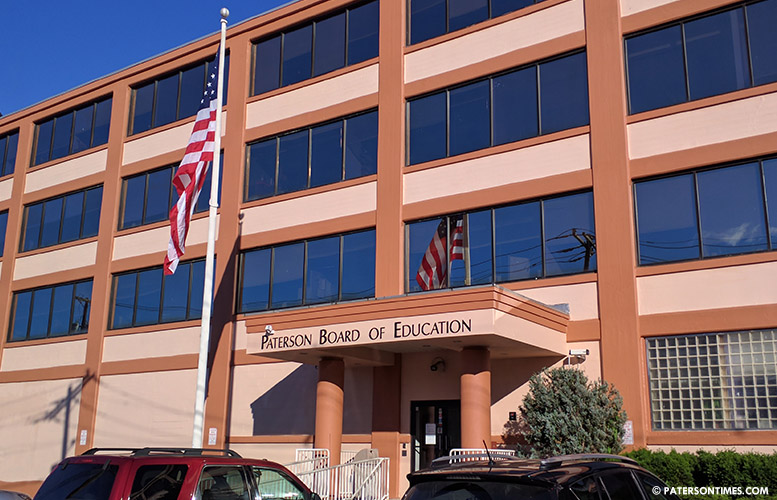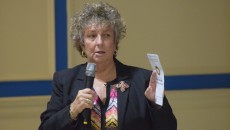The school board adopted a policy this month that calls for every Paterson high school senior to complete financial aid forms to increase the district’s college-going rate.
Under the new policy, the district will nudge all 12th grade students to fill out the Free Application for Federal Student Aid (FAFSA) or the New Jersey Alternative Application (NJAFA), a form completed by unauthorized immigrant students.
“You don’t know what types of opportunities it leads up to,” said school board member Emanuel Capers, who wrote the policy, on October 14. He wanted to go a step further and require every graduating student to complete the financial aid forms, but received push back from his colleagues and the district.
Capers said completing the financial aid forms gives students confidence that money will not be an issue in attending college.
Capers said under 40 percent of Paterson seniors complete the federal aid forms.
Approximately 60 percent of Paterson high school graduates enrolled in colleges in the 2018-19 school year. State average is 78 percent. 31 percent of Paterson graduates enrolled in 2-year colleges and 29 percent in 4-year institutions, according to state data.
His policy requires the superintendent to hold at least two FAFSA evening and weekend workshops per year for families of students in 9-11 grades. It also requires two more workshops during the school day for students in grades 9 through 11. The school district also has to publish a list of resources for students on how to complete the federal and state aid forms.
During the October 14 school board meeting, superintendent Eileen Shafer said her staff already puts on FAFSA workshops to assist students in filling out the forms.
Capers said he devised the policy after speaking to some former Paterson students who went onto colleges. Some students said they received little assistance from their guidance counselors on completing the financial aid forms.
“I truly believe that by requiring guidance counselors to have all their seniors complete their FAFSA, will greatly improve their opportunities to go to college. Financially it would be incredibly difficult for anyone to pay for an education,” said Amel Hassan, a junior at Emory University, who wrote in support of the new policy.
“It is high time that we really push in having expectations that our students will excel,’” said longtime school board member Jonathan Hodges.
The new policy comes into effect in the 2021-22 school year.
“By the time a student makes it to the 12th grade, the family and the student is educated around the area,” said Capers.
Email: [email protected]



